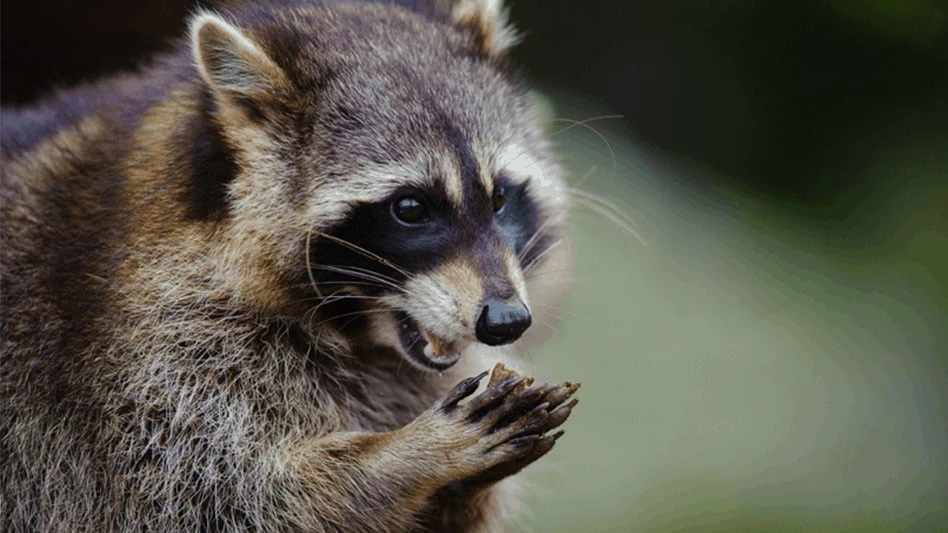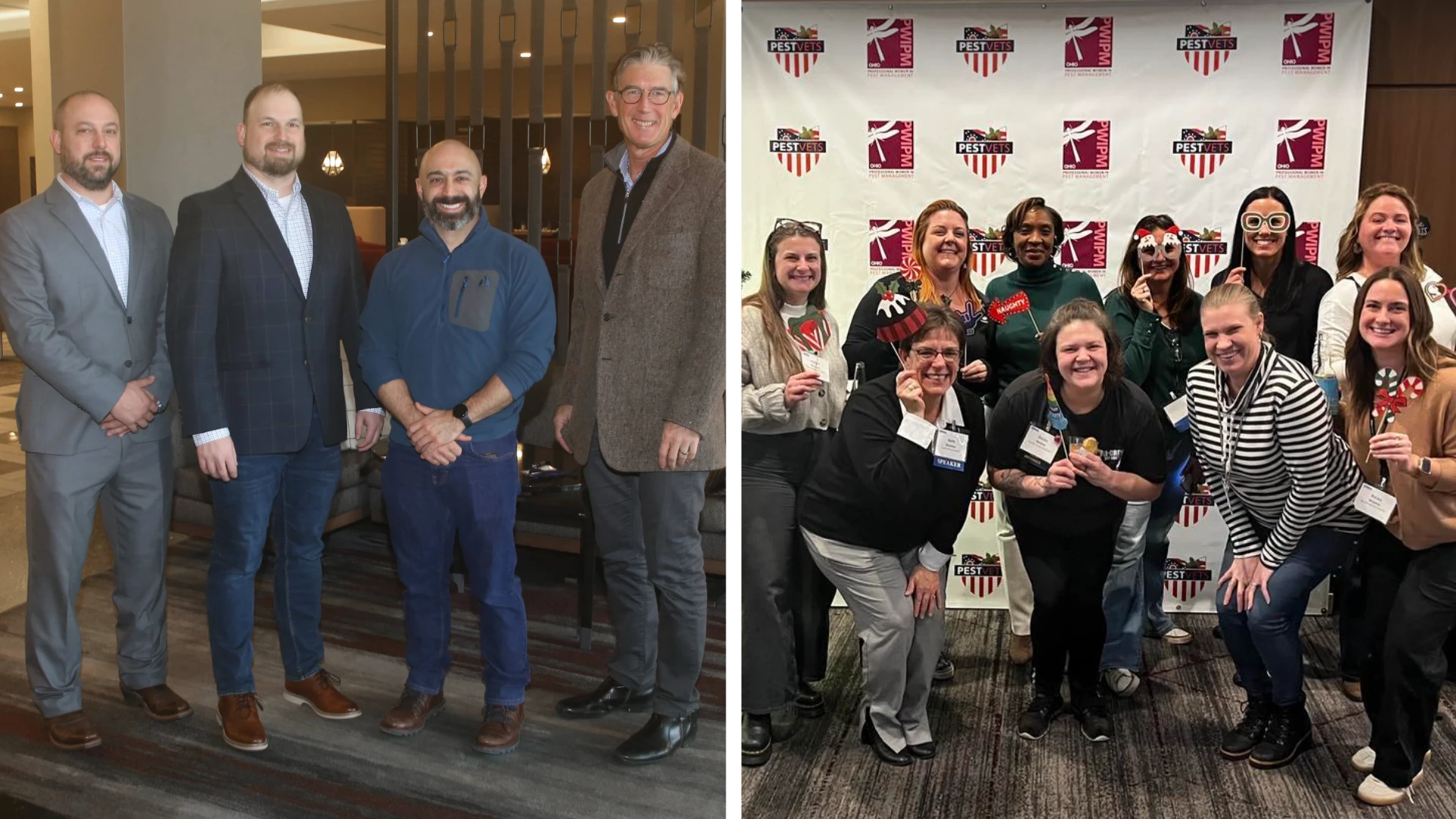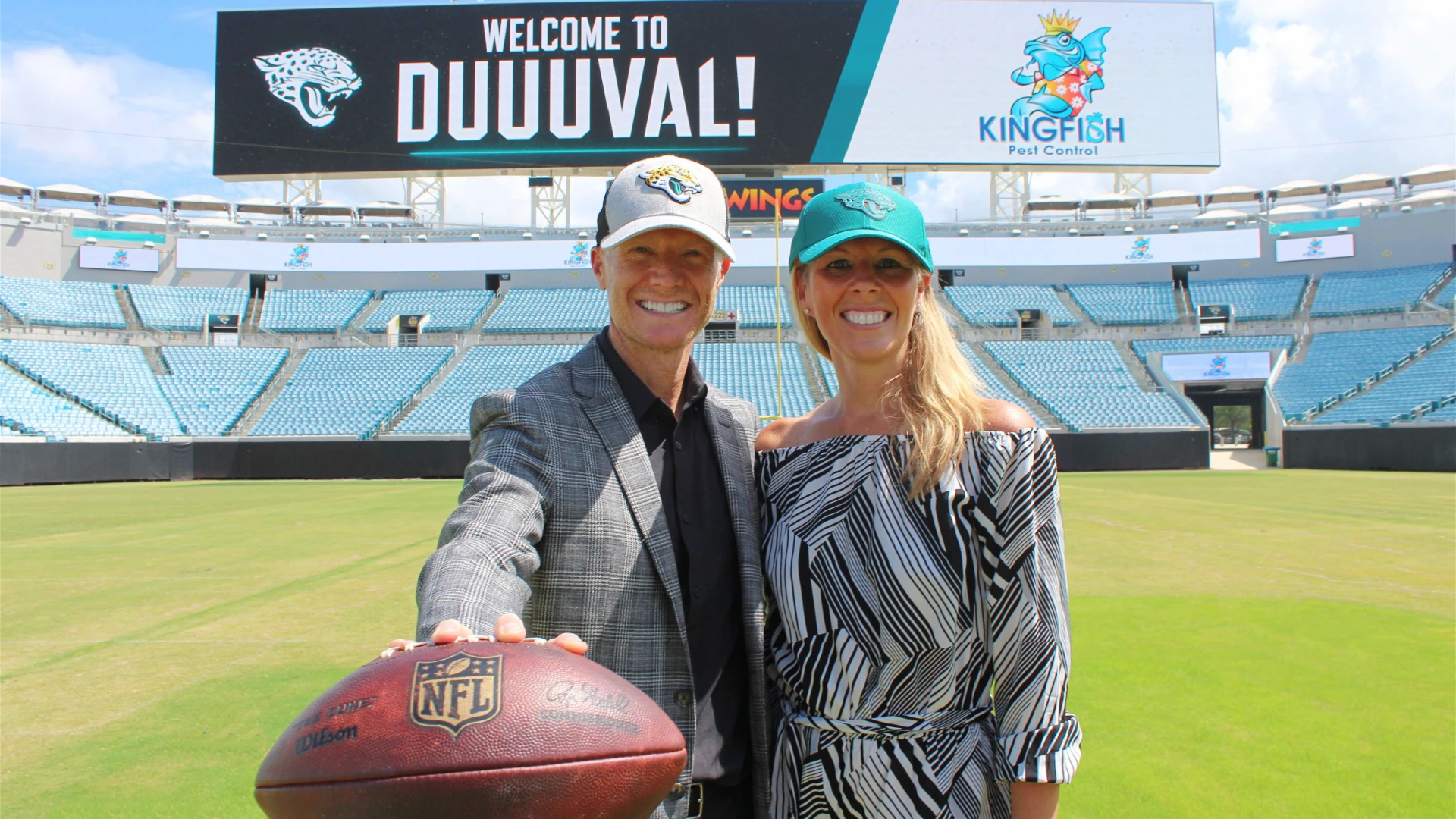
© chrisroosfotografie | Adobestock
CLEVELAND – As PCOs take stock of their businesses, many of them are either adding wildlife control services or making concerted efforts to grow this business segment.
Wildlife control services are viewed as a growth segment for a number of PCOs, and 2022 has been a good year for wildlife control services.
According to a recent PCT Reader Poll, more than 80 percent of respondents said that in the past year they have experienced either a significant (56%) or modest (25%) increase in wildlife management service requests while only 6 percent reported this work was flat or that they were doing less wildlife work (12%).
“Wildlife business this year has been up from last year as well as from the previous two years,” said Dennis Mastrolia, owner of Dennis the Menace Pest Control, Lynn, Mass.
Modern Exterminating, Columbia, S.C., launched wildlife services this summer when it hired a specialist and owner Glenn Matthews said, “I thought maybe he would be busy about half the time, but he's been busy full time.”
At Custom West Pest Solutions Missoula, Mont., owner Nate Nunnally said, “This year I'm expecting somewhere between 35 and 40 percent of our gross revenues will be through the wildlife [services].”
PCOs contacted by PCT cited five reasons why the wildlife control market is strong.
A MORE TRANSIENT POPULATION. As people migrate to different parts of the country, they often aren’t prepared for wildlife pests in their newly relocated location.
Columbia, S.C., is a fast-growing area with folks moving to this area from the Midwest and Northeast for a better climate, lower taxes and lower cost of living. “We're seeing a lot of people move here. We're seeing a lot of new residential and new business developments going up,” said Matthews. “A lot of calls are from owners of newly built homes. As they're clearing lands, they are moving into areas where [wildlife pest] live.”
Similarly, Mastrolia said in his area (Lynn, Mass.), “Buildings are being constructed; suburban developments are now everywhere."
Nunnally said Montana has seen an influx of million-dollar retirement homes. “There are people moving up here, paying ridiculous amounts for real estate, and they don't want pest issues. But if you're going to live in your million-dollar cabin in the sky, up in the woods, or next to the lake, you're going to have pest problems. So, they're going to need us.”
CONSTRUCTION ISSUES. Tim Leatherman, president of Perfection Pest Control, Union, Ken., whose company serves the Cincinnati/Northern Kentucky area, said he’s observed shoddy construction on homes he services. “It seems to me that a lot of the structures are not built the way they should be. We’ll find a lot of entryways for raccoons and squirrels. And, of course, bats. We find plenty of entryways for bats.”
In Montana, Nunnally said it’s not uncommon for people to build million-dollar log cabins, not realizing how challenging it can be to seal pests out, particularly bats.
“Contractors, and sometimes even cabin-chinking specialists, don't understand what it takes to seal up a log cabin, so we get called in to finish up the work,” he said.
STRATEGIC PERSONNEL MOVES. PCOs are thinking more strategically when it comes to hiring, matching skill set with positions.
For years, Matthews had wanted to launch a wildlife business, but it wasn’t until he found a specialist, Tony Taylor, that he made the move. Taylor worked for a park service in West Virginia and originally applied for a technician position. When Matthews reviewed Taylor’s background, he thought he would be an ideal person to launch his wildlife business. “He seemed to be really on board with wanting to start something of his own. So we just went from there. I got one of our trucks and we jiggered it with the wildlife [tools and materials] on it,” Matthews said.
Nunnally also credits his company’s growth to its team. “I have a guy in his late 40s and he also has been a contractor. He can tear apart a soffit on a million-dollar cabin and put it back together like he was never there.”
SMART MARKETING. PCOs are also being more strategic when it comes to marketing. Jerry Swoboda of Swoboda Pest & Termite Control, College Station, Texas, said, “One of the biggest issues with getting [wildlife] business is making sure you have the right search words in your Google profile.”
Swoboda said his company does a lot of snake and armadillo removals in his area. Although he said wildlife control has been flat this year, he thinks things will pick up once the weather cools.
Perfection Pest added wildlife control services three years ago and president Tim Leatherman said his company’s vehicle wraps, which feature a raccoon, have been a successful marketing tool. “When we go into a neighborhood, we actually have seen people taking pictures of our trucks. They'll call us and say, ‘We saw your truck in the neighborhood.’“
COVID-ERA PRACTICES. Like other segments, wildlife control has been impacted by COVID.
Outdoor dining, in particular, was cited as a reason why some wildlife pests (e.g., rodents and raccoons) are becoming more problematic in commercial accounts.
“Some tenants and residents, at least in our areas seem to be more relaxed in trash disposal and exclusion principles,” Mastrolia said.
Latest from Pest Control Technology
- Wildlife Operators Living Fund Supports Injured, Disabled PCOs and Wildlife Operators
- California Declares State of Emergency in Response to Bird Flu Outbreak
- Veseris Expands in Turf & Ornamental and Pool Supply with Acquisition
- Pest Authority, Mosquito Authority Celebrate All-Star Franchisees
- Ka Tsu Joins Avoca.ai
- Envu's Suite of Pest Management Solutions
- In Memoriam: Tom Moore
- 2024 Crown Leadership Award Winner Kathy Heinsohn





